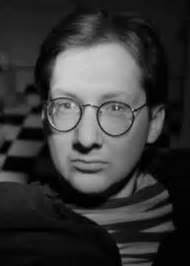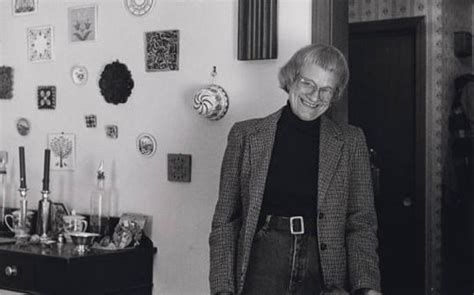A Quote by Jay Asher
It seems like whenever a big newspaper or TV show talks about teen literature, they focus on dark books or vampire books. It's kind of this cliche. It seems like the only time adults pay attention is with that angle.
Related Quotes
The young adult literature is relatively new - it just kind of exploded in the 2000s. When I grew up, there weren't bookstores with sections dedicated to teen lit, nor was my generation raised reading books written specifically for us. Because of that, today we still think of books for teens as children's books and so when you write a book that includes sensitive topics, it just seems even more controversial. What's troubling to me about that is these are issues adults know that teens deal with. Not writing about them makes them something we don't, or can't talk about.
Well, it seems to me that there are books that tell stories, and then there are books that tell truths... The first kind, they show you life like you want it to be. With villains getting what they deserve and the hero seeing what a fool he's been and marrying the heroine and happy endings and all that... But the second kind, they show you life more like it is... The first kind makes you cheerful and contented, but the second kind shakes you up.
It’s a shame, sort of a waste, that most people are influenced by what the newspaper supplements tell them is the book they are meant to be seen reading this year. It seems like those people aren’t really interested in books. If you’re really into books, you havoc all over the place picking up disparate stuff which you devour hungrily, and the ‘selection’ process is more like a sixth sense hunger, a billion miles away from fashion.
My writing books with positive gay characters has come more out of anger than anything else: anger at not having been able to find honest, accurate books about people like myself as a teen, books that show we're as diverse as straight people and that we can lead happy, healthy, productive lives just as straight people can.
I wish that the adults who are 'in power' cared more about what their children read. Books are incredibly powerful when we are young - the books I read as a child have stayed with me my entire life - and yet, the people who write about books, for the most part, completely ignore children's literature.
I've always been fascinated, obsessed even, with books and TV shows about unsolved murders, cold cases, forensic science, mysteries, and so on. Many times when I get inspiration for my work, it's from something in one of these books or TV shows, or perhaps some newspaper article about a specific case.





































